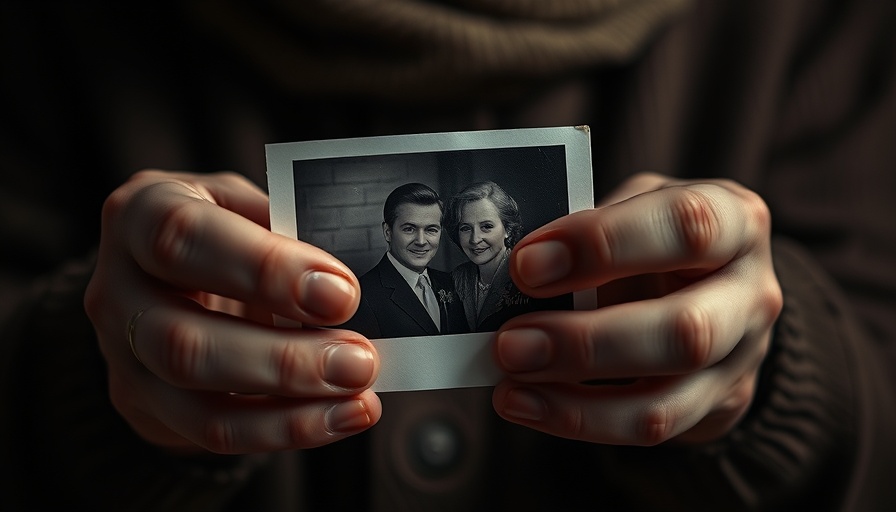
Twenty Years On: Remembering Katrina’s Impact
This year marks the second decade since Hurricane Katrina devastated New Orleans, leaving a profound mark on its survivors. For those aged 55 and older, this anniversary is a poignant reminder not only of the lives lost but also of the resilience exhibited by the community. The emotional scars remain, but so too does the spirit of perseverance.
Survivor Narratives: A Living History
Many survivors recall the chaos and heartbreak of that fateful day in August. Stories shared among the community reveal a tapestry of experiences—the rapid ascent of water levels, anxieties over safety, and the eventual exodus that forced families to scatter. These narratives are crucial in ensuring that the memories of lives forever altered are not forgotten. Family members still mourn loved ones who were lost, and the community reflects on the narratives that constitute their shared history.
Emotional Reflections: Scar Tissue of the Heart
As age gracefully touches the lives of New Orleans’ seniors, the reflections surrounding Katrina become more intricate. Those who are now in their 70s and 80s lived through a period that can be described as a cultural and emotional trauma. These individuals often find themselves grappling with not just the physical losses endured, but also with a longing for the familiar comforts of a life prior to the storm's wrath. Survivors report distinctive emotional connections to their former homes and neighborhoods, illustrating that even years later, the effects of loss linger.
Community Resilience and Rebuilding After Displacement
With resilience as a hallmark of New Orleans culture, many survivors have committed themselves to rebuilding—not just structures, but relationships and a sense of community. This rebuilding process has fostered stronger connections among residents, creating support networks that work together for recovery and advancement. Local organizations continue to emphasize the importance of community cohesion, ensuring that as new generations emerge, they carry forward the lessons learned from Katrina.
Lessons Learned: What Younger Generations Should Know
The story of Hurricane Katrina is a valuable lesson for younger generations, especially those in Louisiana. It stands as a reminder of the power of nature and the fragility of life. Understanding the vulnerabilities faced during an emergency can influence how future crises are handled. Conversations initiated today about planning, preparedness, and recovery can help foster proactive measures against future disasters. Elders often take this mantle, sharing wisdom to enlighten younger family members about the importance of resilience and preparation.
A Call for Recognition: Honoring the Legacy of Victims
In honoring those who lost their lives during the storm, communities come together each year to partake in memorials. These events serve as sacred spaces for remembrance while offering healing opportunities for the living. Activists advocate for a greater focus on memorializing individuals by not only recognizing the tough history but by celebrating the tenacity and hope that continues to rise from this tragedy.
Looking Forward: Future Predictions and Opportunities to Engage
As New Orleans moves beyond the shadow of Katrina, the focus is on ensuring that history does not repeat itself through future preparedness. Programs aimed at educating the older population about emergency services receive support, aiming to empower them and ensure their voices remain at the forefront of community discussions. Collaboration with younger populations fosters a culture of shared knowledge, vital in perpetuating the narrative of resilience amongst all age groups.
The spirit of New Orleans thrives on its history, and honoring it requires engagement from all generations. As we commemorate twenty years since the storm, let us look toward a future that values the lessons of the past while building bridges across ages. It is through collaboration that the community can ensure no one is forgotten and where every life is honored.
 Add Row
Add Row  Add
Add 



Write A Comment